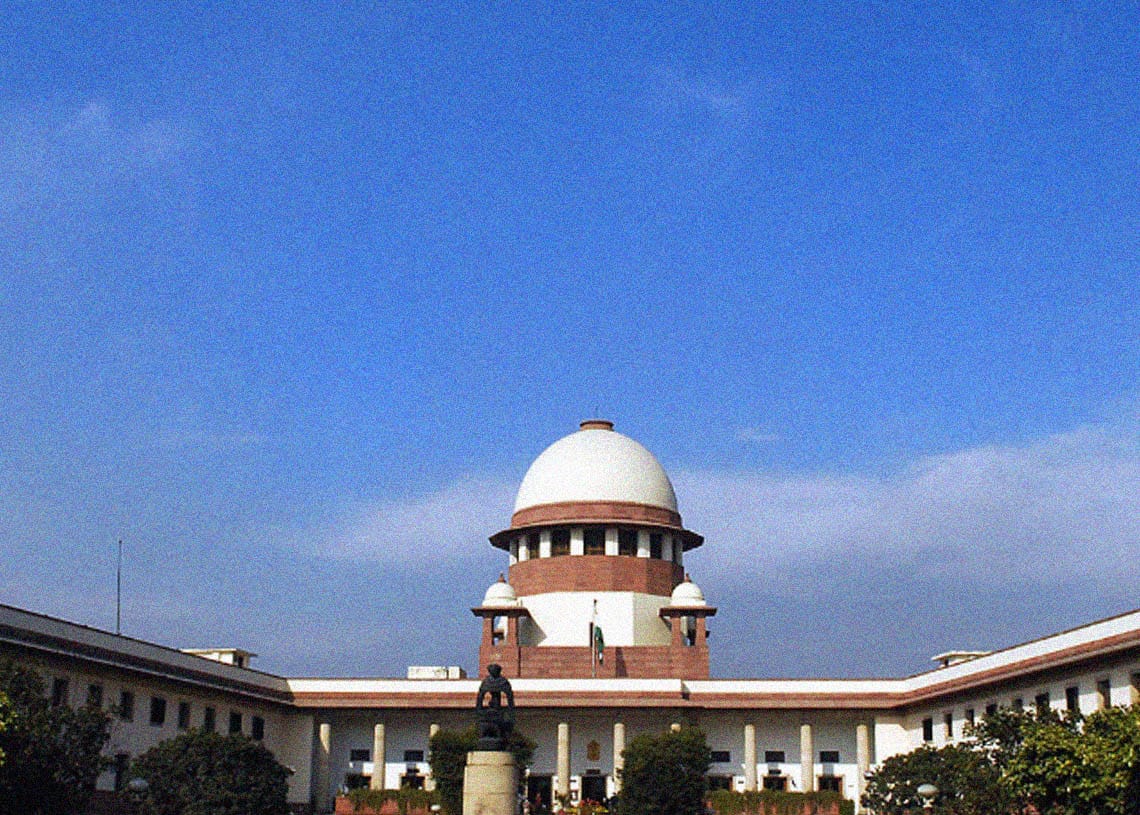In the latest thread of cryptocurrency exchange regulations in India, the Supreme Court of India has canceled the Reserve Bank of India circular April 6, 2018. The latest move thereby gives a boost to the crypto exchanges but poses news questions for cryptocurrency exchange regulations in the country.
The above-mentioned circular had halted the traders and the exchanges from having access to the banking system. Exchanges had to either shut down or move overseas, as they were unable to conduct trades in the absence of proper cryptocurrency exchange regulations.
Now, with the latest developments, some of those exchanges have returned, and these exchanges have been witnessing an increased number of users; moreover, one of them was even successful in securing a multi-million dollar investment.
However, this latest judgment has also reignited the debate of cryptocurrency exchange regulation. Though there is no clear and legal regulatory framework for governing them, yet latest reports suggest that the government has been pondering upon the regulatory framework for the cryptocurrencies. Recently, the Reserve Bank of India (RBI) has also clarified the ruling of banks being prohibited from providing services to the traders the exchanges.
What to know about cryptocurrency exchange regulations in India?
Let’s have a look at the broad contours of the potential approaches that could be adopted for regulating the cryptocurrency exchanges as they are not only responsible for performing significant functions but also carry important risks. Like stock exchanges, cryptocurrency exchanges also provide online platforms or online marketplace for cryptocurrencies. By enabling the trade or exchange of the cryptocurrencies for the fiat, they are responsible for connecting the cryptocurrency and the financial systems.
To setup cryptocurrency exchange regulations in India, regulators also look into exchanges for seeking out information related to the users and the transactions. Albeit this might depend on the structure and functions of the organization, for instance, the centralized exchanges tend to offer a single point of regulation.
They have a person who is in charge of the governance of the platform and acts as an intermediary during the whole trading process, which includes the storing of client’s funds, monitoring the trades, and ensuring the fulfillment of the order.
However, decentralized exchanges tend to enable the trades or exchanges on a peer-to-peer basis via an automatic process by engaging smart contracts. This makes the implementation of regulations a daunting task, due to the anonymity of the users and the lack of central presence.
Furthermore, International experience also shows some general principles for the regulation of cryptocurrency exchanges. Normally, in the arena of jurisdictions, cryptocurrencies are categorized as securities of some other financial instruments.
The licensed cryptocurrency exchange has lately emerged as a point of regulation, which includes laws implementation for the Anti-Money Laundering or Terrorism Financing. Recognition tends to entail the application of already existing laws for securities, as in the case of Japan, the UK, the US, or Hong Kong. International Standard-setting organizations such as FATF and IOSCO have also been providing guidance every so often.





